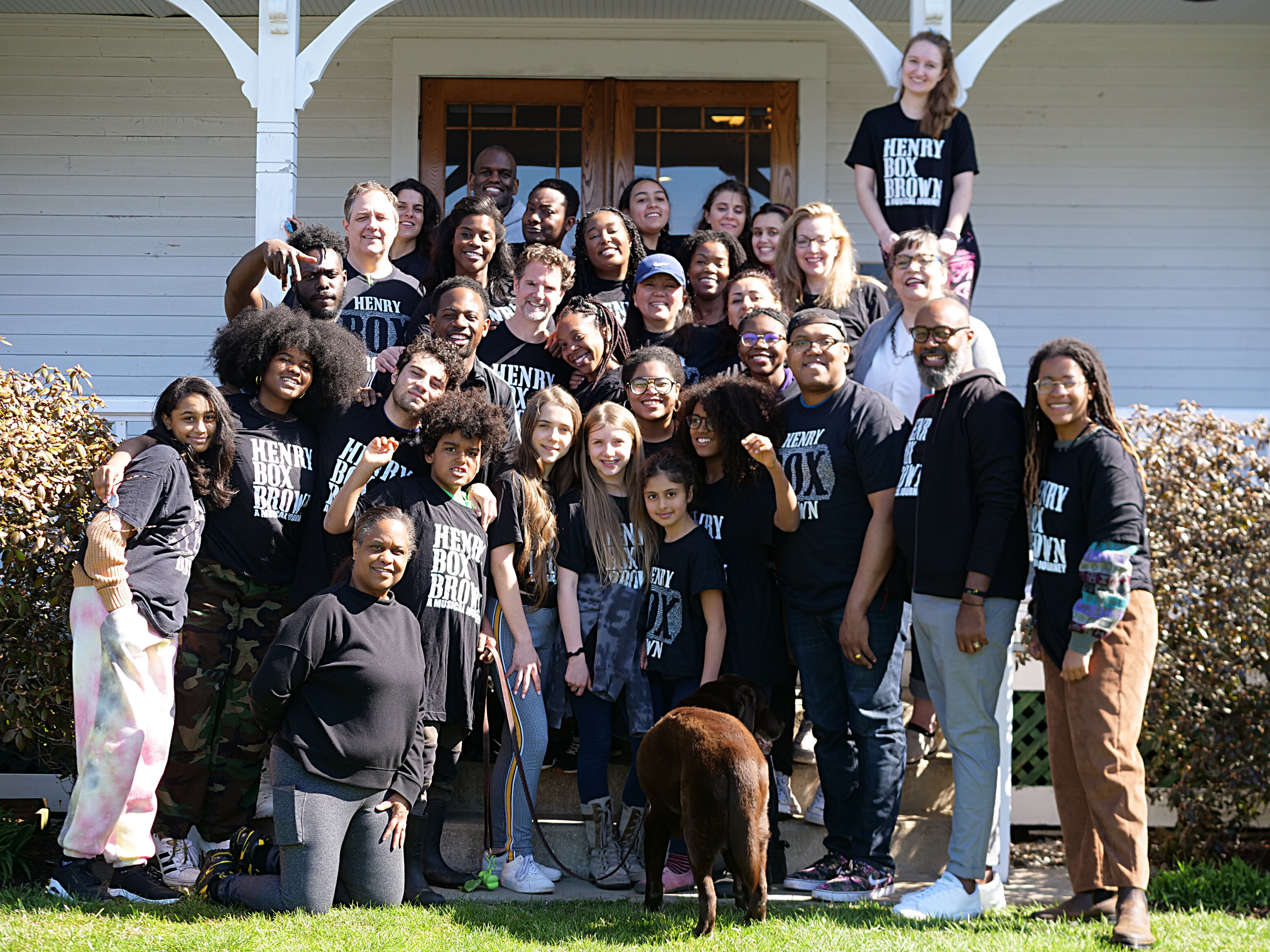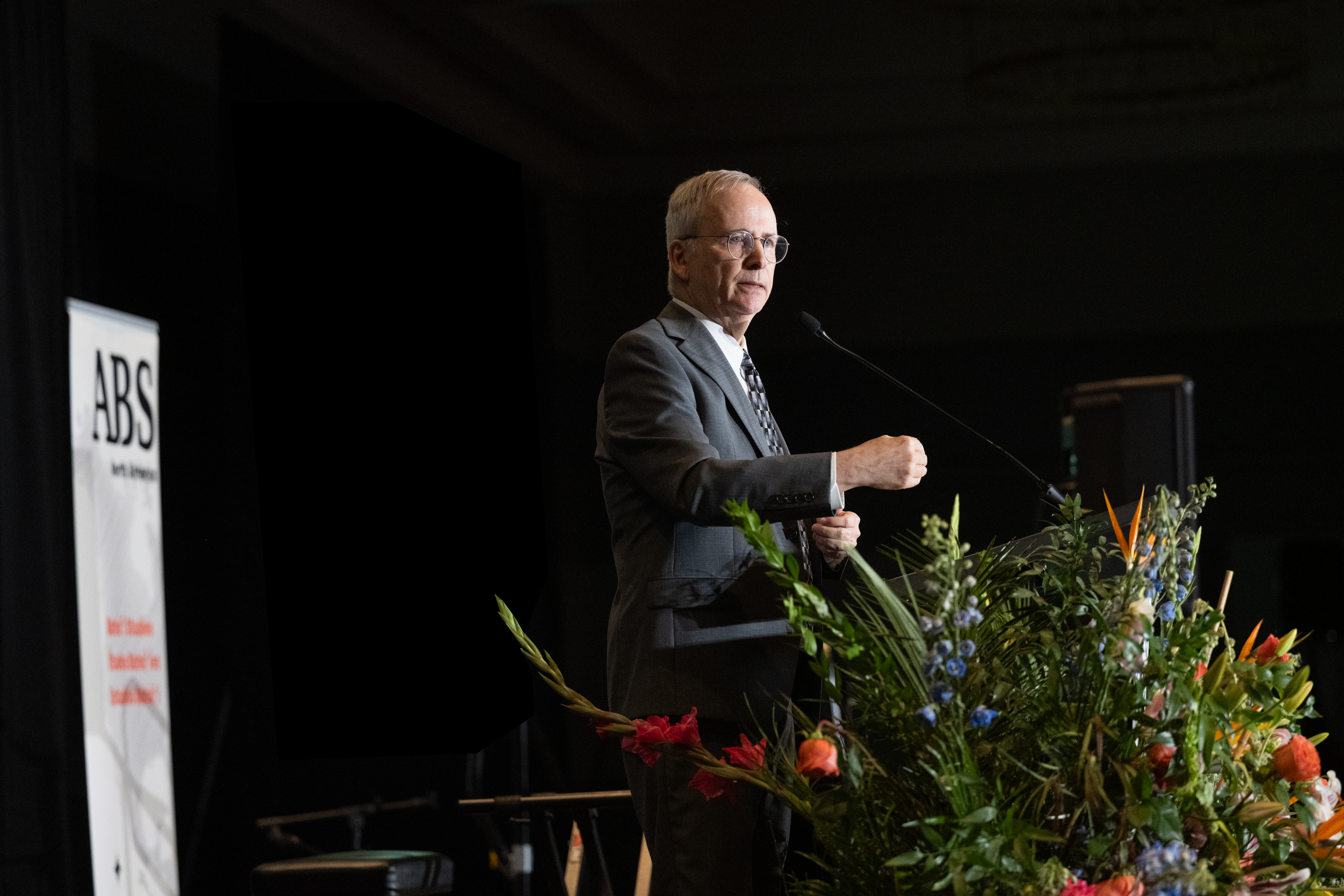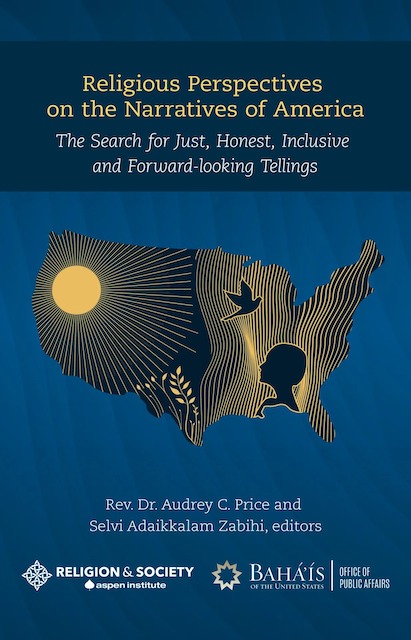
Study of guidance frames learning at ABS conference
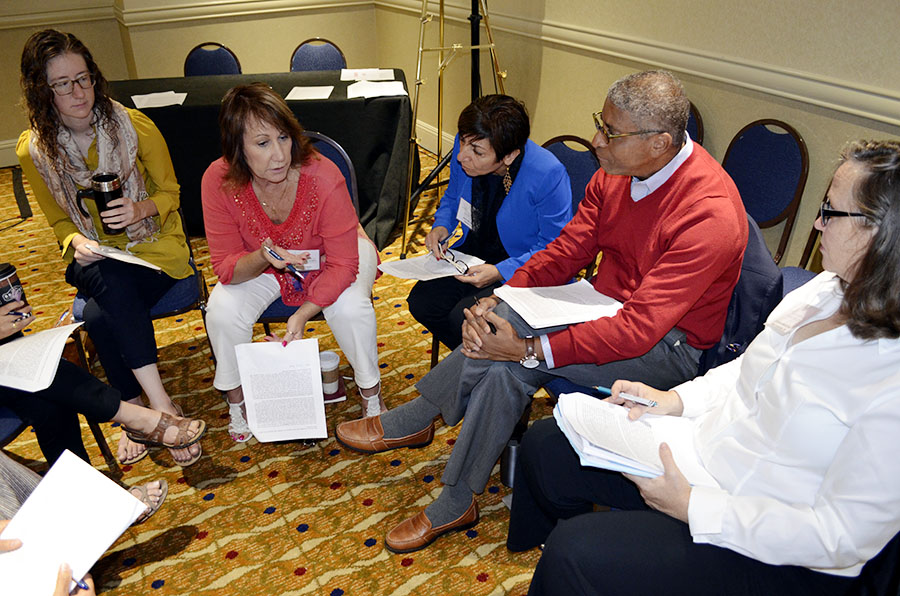
Letters from the Baha’i World Center on uprooting racism, eliminating racial prejudice, and climate change exemplify ways that “Baha’is can effectively participate in discourses about pressing social concerns,” in the words of the Universal House of Justice, the global governing council of the Faith.
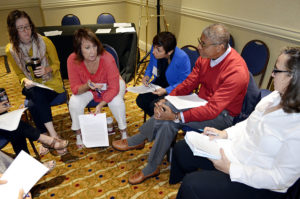
Those letters are part of a continual flow of guidance supporting Baha’is as they strive to apply the teachings of Baha’u’llah to the healing of society. And study of that guidance began each day of the 42nd annual conference of the Association for Baha’i Studies, Aug. 9–12, helping many gain vision and principles for understanding and acting on the knowledge to be shared during conference sessions.
As explained in one letter, “Among the important lessons garnered over the past two decades is that, by focusing on insights derived from the most advanced and successful activities rather than by focusing on shortcomings and weaknesses, the community can come to understand what constitutes effective action and learn to disseminate the knowledge gained.
“Another lesson is how to approach the development of human resources in a manner that can efficiently multiply efforts and empower those who were previously left on the margins, or were otherwise unengaged, to become protagonists of a process of community building and social change.”
Similarly, a study of guidance on participating in the discourses of society explored:
- The attitudes that should characterize one who seeks to contribute to a discourse
- How one can distinguish between discourses and that can potentially be unifying and contribute to the well-being of society and those that might lead only to divisiveness
- How the purpose of participating in discourse differs from efforts to directly share the teachings of Baha’u’llah
Finally, in studying guidance on an evolving conceptual framework, participants focused on “the way we interpret the world around us” and how concepts form a “matrix that organizes thought and gives shape” to community-building activities. They considered questions such as:
- The importance of maintaining coherence among different areas of activity — community building, social action, and engagement in the discourses of society
- Why the generation and application of knowledgeis central to a Baha’i approach to the transformation of society


